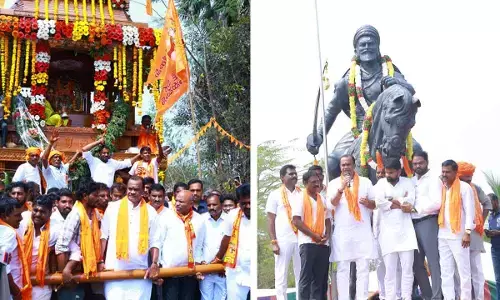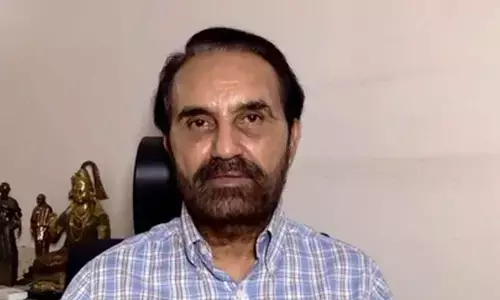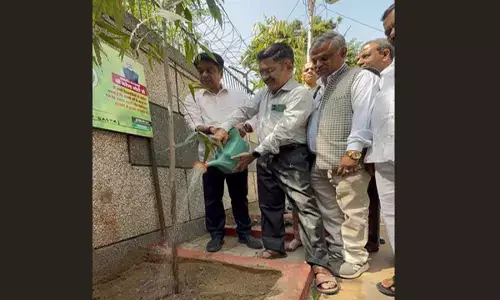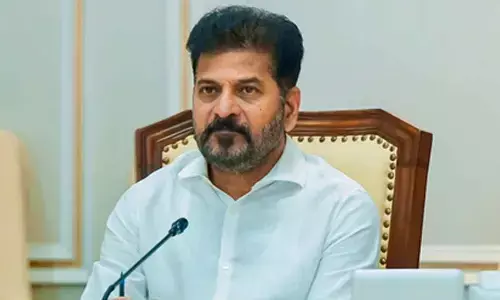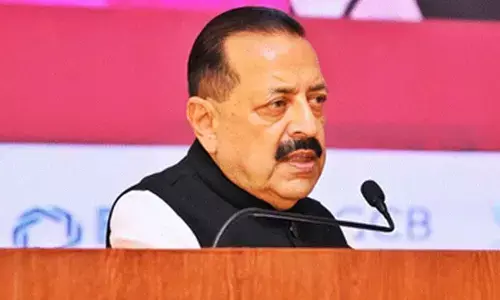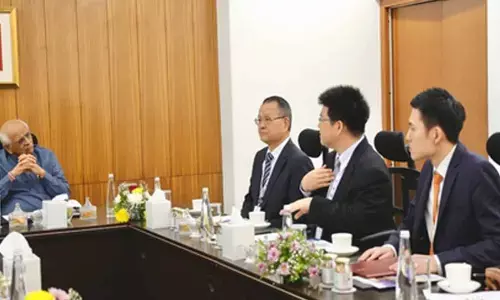Pakistan, the eternal troublemaker
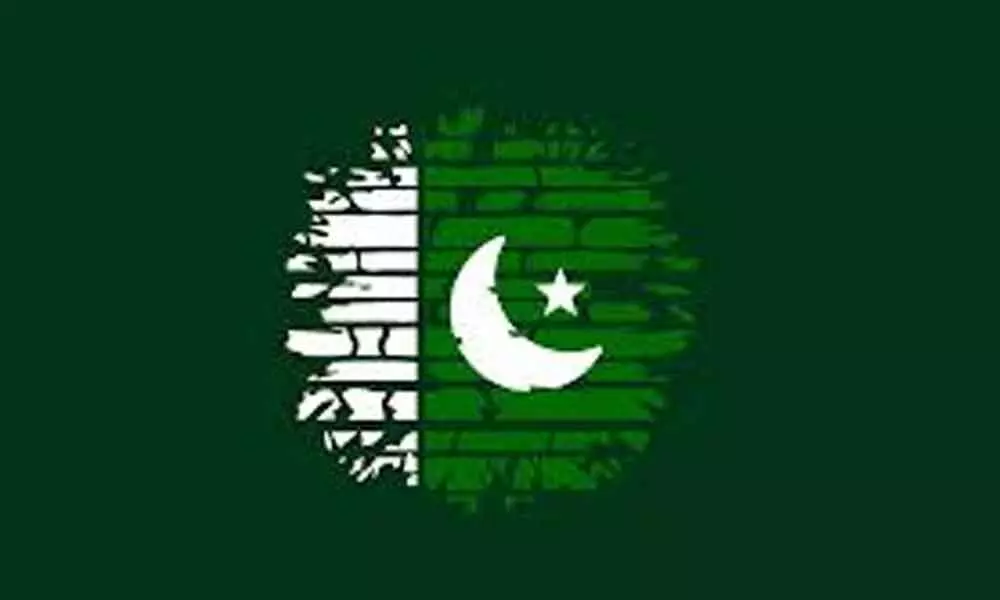
Pakistan
In addition to continued terrorist activity in Afghanistan and Pakistan, South Asia in 2019 saw a volatile mix of insurgent attacks punctuated by major incidents of terrorism in the Indian state of Jammu and Kashmir and in Sri Lanka.
In addition to continued terrorist activity in Afghanistan and Pakistan, South Asia in 2019 saw a volatile mix of insurgent attacks punctuated by major incidents of terrorism in the Indian state of Jammu and Kashmir and in Sri Lanka.
Although ISIS lost the last remnants of its territory in Syria in March, it announced new branches in Pakistan and India in May and claimed responsibility for the Easter bombings in Sri Lanka in April.
Although al-Qa'ida in Afghanistan and Pakistan has been seriously degraded, key figures among AQ's global leadership, as well as its regional affiliate al-Qa'ida in the Indian Subcontinent (AQIS), continued to operate from remote locations in the region that historically served as safe havens.
These are the recent findings of a UN body that warned India and its neighbours of the consequences of the renewed terror activities with the blessings of Pakistan.
The report has warned of continued aggressive and coordinated terrorist attacks by ISIS's branch in the region through ISIS Khorasan Province (ISIS-K), and by the Afghan Taliban, including the affiliated Haqqani Network (HQN) throughout the region including Afghanistan.
Afghan National Defense and Security Forces (ANDSF) retained full responsibility for security in Afghanistan and, in partnership with NATO's Resolute Support Mission, took aggressive action against terrorist elements across Afghanistan in the past.
In offensives in late 2019, the ANDSF and the Taliban significantly degraded ISIS-K in Nangarhar province, denying ISIS territory, but the group continues to operate and regroup. Not anymore. The study by the intelligence agencies and by the UN agencies tracking the developments in the region pointed out that while Pakistan continued to experience terrorist attacks, there were fewer attacks and casualties than in 2018, continuing an overall decline.
Pakistani military and security forces undertook CT operations against groups that conducted attacks within Pakistan, such as Tehrik-e-Taliban Pakistan (TTP), ISIS-K, and the Balochistan Liberation Army.
Pakistan took modest steps in 2019 to counter terror financing and restrain India-focused militant groups from conducting large-scale attacks following the February attack on a security convoy in Jammu and Kashmir which was linked to Pakistan-based Jaish-e-Mohammed (JeM).
Pakistan took action against some externally focused groups, including indicting Lashkar e-Tayyiba (LeT) founder Hafiz Saeed and associates in three separate terrorism financing cases. However, it is now clear that Pakistan acted upon groups troubling it and then mounting pressure on those, diverted their activity towards India.
The contents of the report must be an eye opener to the world. Those who wish to sing the Sino-Pak tune on Afghanistan "to allow it to settle down for the benefit of the world" should realise this fact. Pakistan remained a safe harbour for regionally focused terrorist groups.
It allowed groups targeting Afghanistan, including the Afghan Taliban and affiliated HQN, as well as groups targeting India, including LeT and its affiliated front organisations, and Jaish-e-Mohammed (JeM), to operate from its territory, the UN has been categorical.
It did not take action against other known terrorists such as JeM founder and UN-designated terrorist Masood Azhar and 2008 Mumbai attack "project manager" Sajid Mir, both of whom remain free in Pakistan. The United States, as the UN report feels, should continue to build its strategic partnership with the Government of India.


